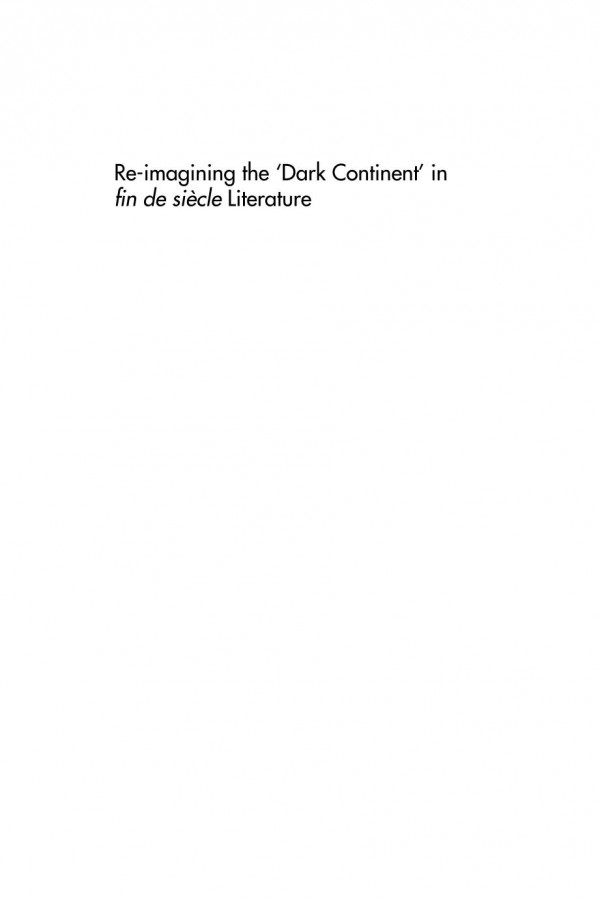

Most ebook files are in PDF format, so you can easily read them using various software such as Foxit Reader or directly on the Google Chrome browser.
Some ebook files are released by publishers in other formats such as .awz, .mobi, .epub, .fb2, etc. You may need to install specific software to read these formats on mobile/PC, such as Calibre.
Please read the tutorial at this link: https://ebookbell.com/faq
We offer FREE conversion to the popular formats you request; however, this may take some time. Therefore, right after payment, please email us, and we will try to provide the service as quickly as possible.
For some exceptional file formats or broken links (if any), please refrain from opening any disputes. Instead, email us first, and we will try to assist within a maximum of 6 hours.
EbookBell Team

4.4
92 reviewsMaps the fin de siècle mission to open up the 'Dark Continent'
Although nineteenth-century map-makers imposed topographic definition upon a perceived geographical void, writers of Adventure fiction, and other colonial writers, continued to nourish the idea of a cartographic absence in their work. This study explores the effects of this epistemological blankness in fin de siècle literature, and its impact upon early Modernist culture, through the emerging discipline of psychoanalysis and the debt that Freud owed to African exploration. The chapters examine: representations of Black Africa in missionary writing and Rider Haggard's narratives on Africa; cartographic tradition in Conrad's Heart of Darkness and Jung's Memories, Dreams, Reflections; and mesmeric fiction, such as Richard Marsh's The Beetle, Robert Buchanan's The Charlatan and George du Maurier's Trilby. As Robbie McLaughlan demonstrates, it was the late Victorian 'best-seller' which merged an arcane Central African imagery with an interest in psychic phenomena.